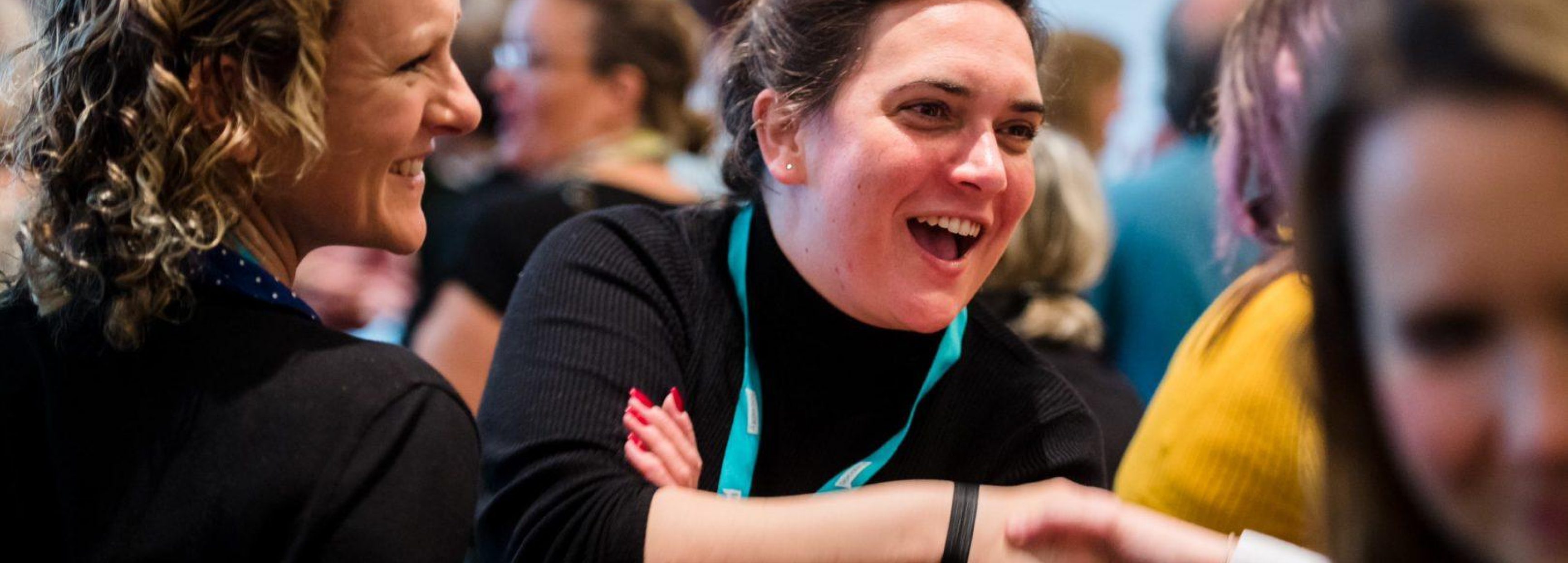We asked long-standing member Adrian Ashton, who has recently self-published the pocket book Loving Your Doubt – Why everything we think we understand and know about Imposter Syndrome is (probably) wrong to lead a discussion based on his research.
Adrian provided some excellent reflection on the session.
“What struck me initially was the overlaps and similarity in how people shared that feeling like an imposter had impacted on them:
- It meant that they hadn't put themselves forward for new opportunities.
- It had stopped them from speaking out, or challenging others, in the belief that the other person(s) were more expert and qualified than they were.
- It undermined relationships people felt they were able to create and manage with their colleagues, as they felt that their team mates were seeing the person to be a “fraud” in the same way that they saw themselves.
- Some recognised that bouts of anxiety are quicker to surface whenever any crises in personal or professional circumstances arise, or we realise that "maybe we could have done that better, after all..."
What also struck me was that the ways in which people initially shared how they'd approached managing these feelings to date also echoed the practices that people in other sectors use.
Such overlap in how these feelings impact on how people feel they're able to do their jobs, and in how they try and manage them, suggests that we shouldn't only look to our immediate peers in our own sectors for encouragement and support. It could be equally valuable from anywhere.
However, there was an additional dimension to this conversation that I was keen to explore with participants - most of the published material on imposter syndrome seems to almost exclusively focus on the individual experiencing the feelings of doubt. But if a leader is so afflicted, what does this mean for their wider organisation?
This prompt drew out some observations and ideas, which perhaps aren't that surprising when you start to think this through:
- Because they doubted their own judgement, people's decision-making abilities were compromised which meant that things sometimes take longer to be agreed or enacted than they might otherwise have needed to. And in turn, this means greater costs are incurred from delays or missed opportunities.
- As leaders, people look to them to model behaviours and identify “norms” in that organisation: if feelings of imposterism are limiting that leaders' ability to be decisive, pro-active, speak out, etc, then these behaviours (or rather, lack thereof) can quickly spread to the detriment of the organisation delivering on what it's supposed to be.
The conversation then moved back to revisit the ways in which people had initially shared how they are/have approached managing feelings of doubt to date, and in particular, seeing if there may be factors that are specific to leaders of community organisations that might mean they need a different set of tools and resources.
Two key themes seemed to emerge from this:
The inability to feel that as a leader, you’re able to receive robust and honest feedback on your performance (i.e. no matter how you ask your colleagues, they'll always say they think you're a great boss, regardless of what they may actually think). And without such validations or encouragements to challenge them, leaders can quickly find themselves in a lonely vacuum where damaging self-perceptions can become quickly entrenched.
As leaders, we're looked to by our colleagues for support and encouragement. Because of the nature of some of the responsibilities we may hold in our leadership role, we can't easily (if ever) feel able to be fully and completely open and honest with our team about how we may be feeling in turn. We therefore need a space where we can meet with equals in honesty, safety, and openness, to be able to voice these feelings, as part of reconsidering them.”
And it's this last point that feeds in to why we run reflective Lunch and Learn sessions for our members. These shared conversations about issues currently holding people back, or acting to the detriment of themselves and their wider organisations at the very least provide a protected time to look inward. In most cases, they offer so much more.
They give members the chance to feel supported by peers, and empowered and re-energised to do the great jobs they do without worrying about their imperfections – that’s what makes us human!
Lunch and Learn sessions are open to Locality members with the Essentials or Membership Plus package. Not a member? Find out more.


